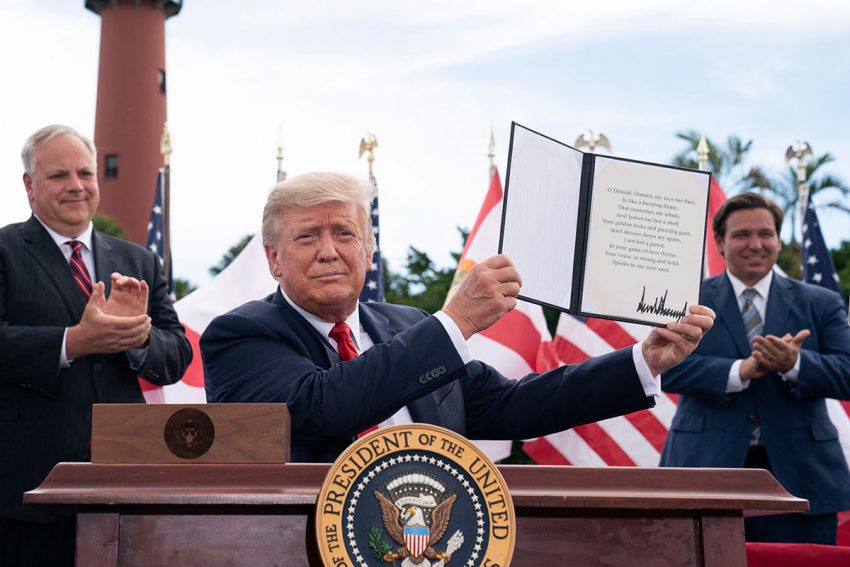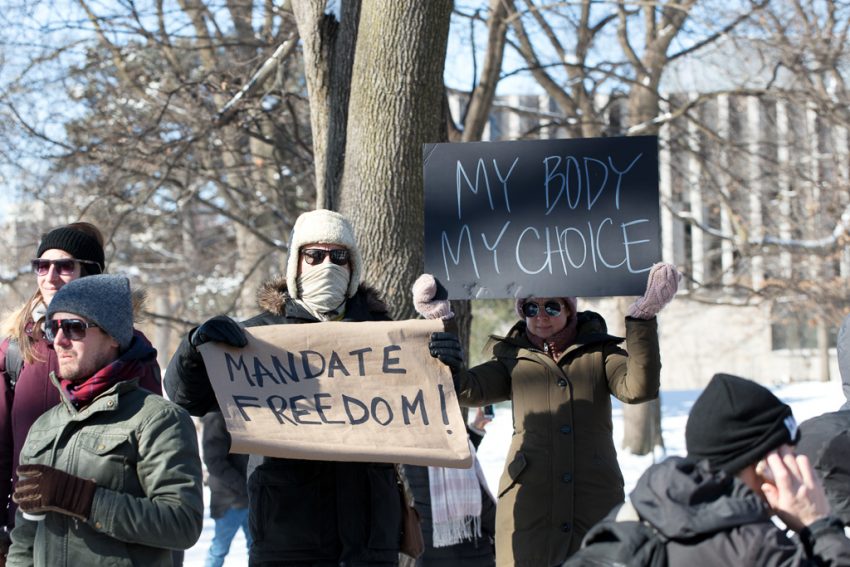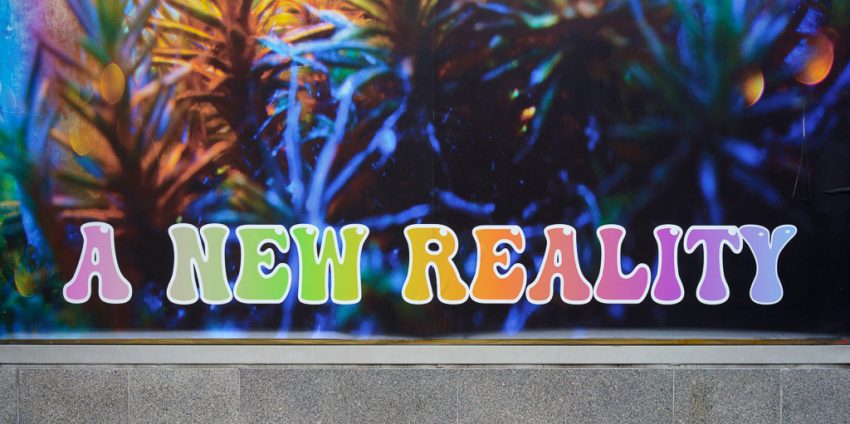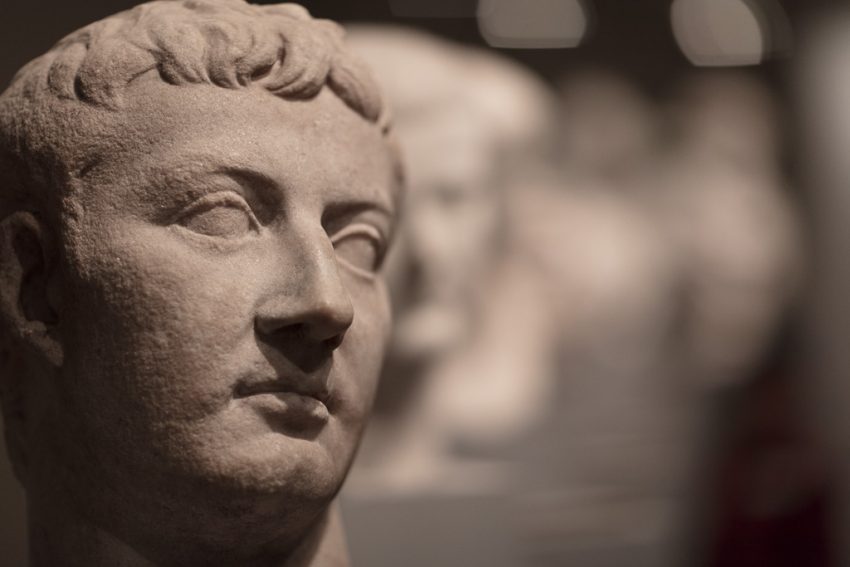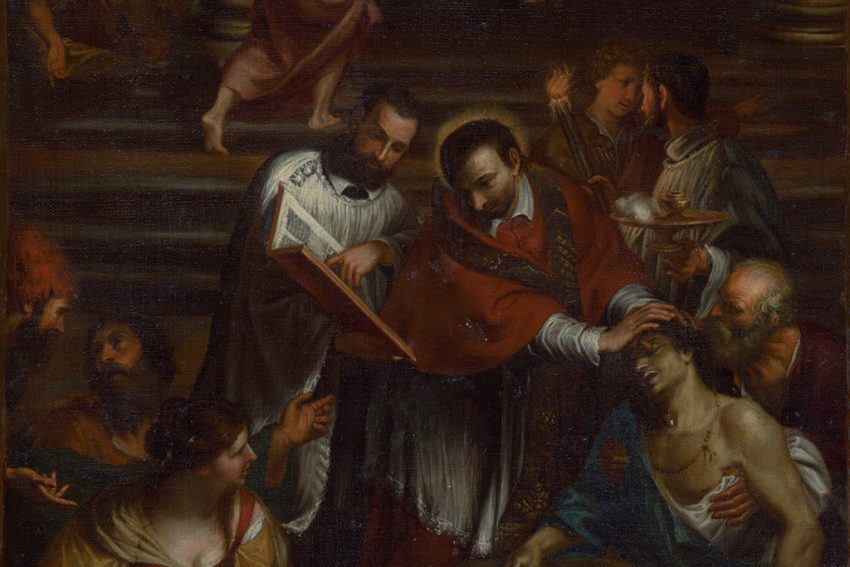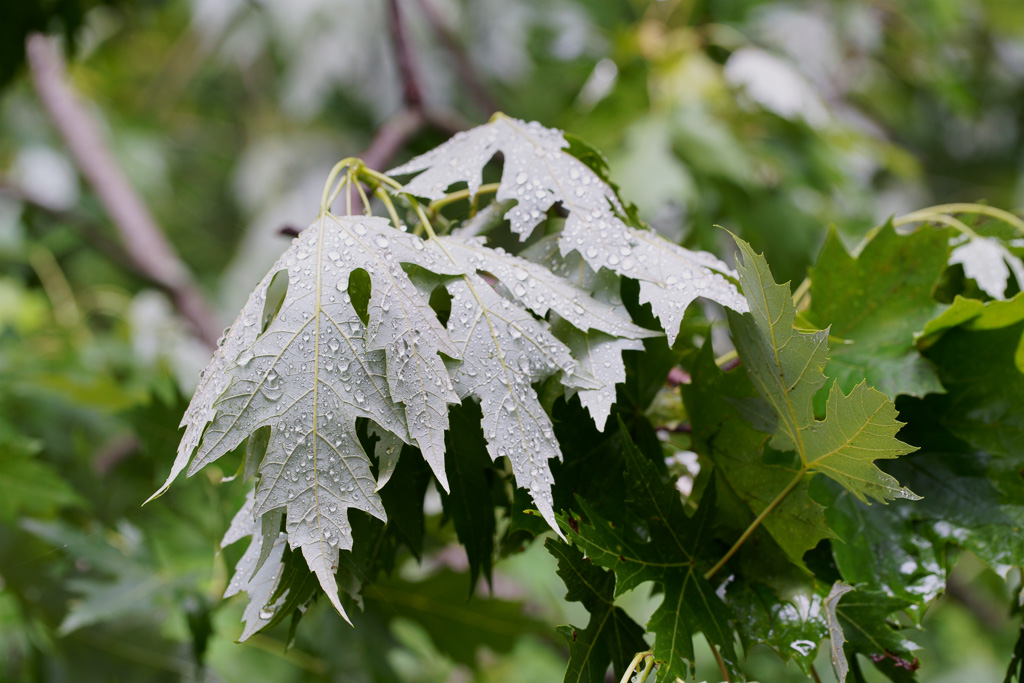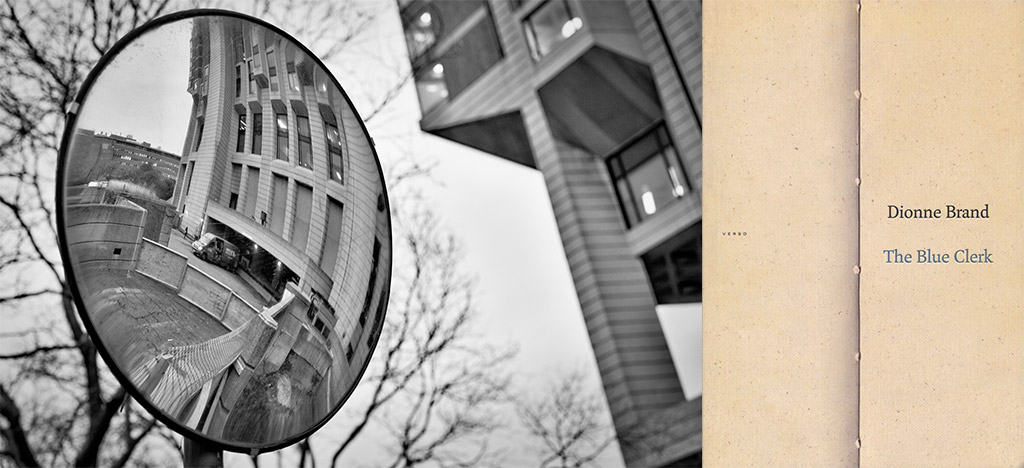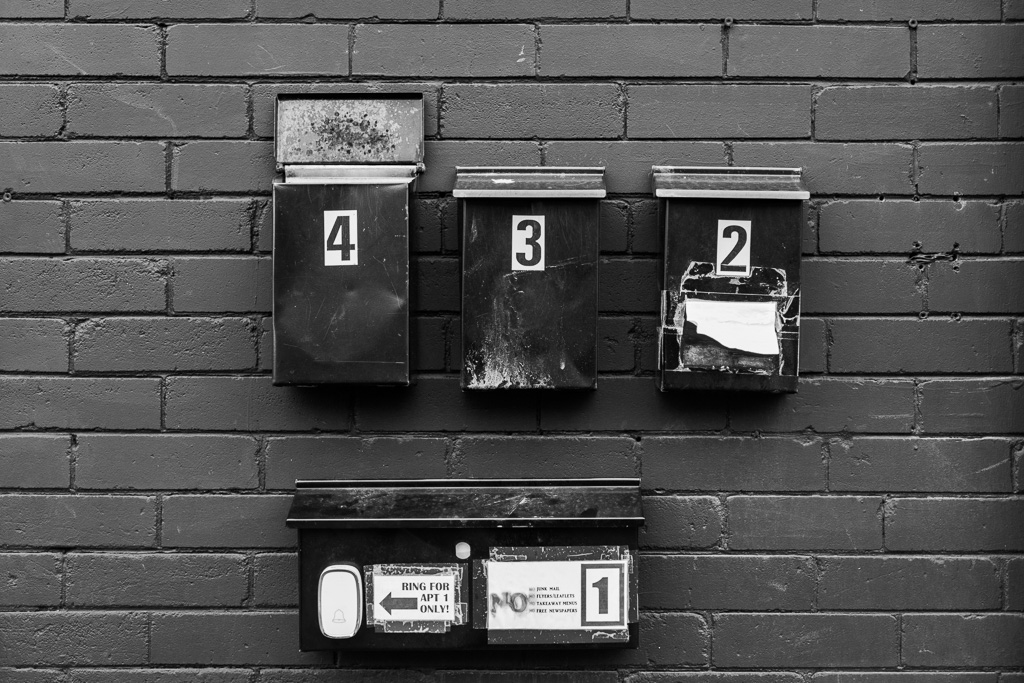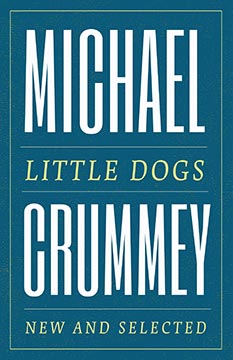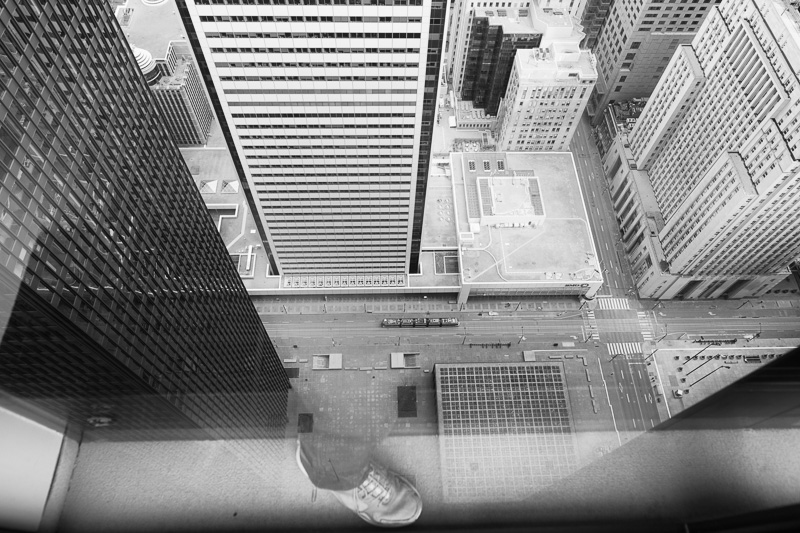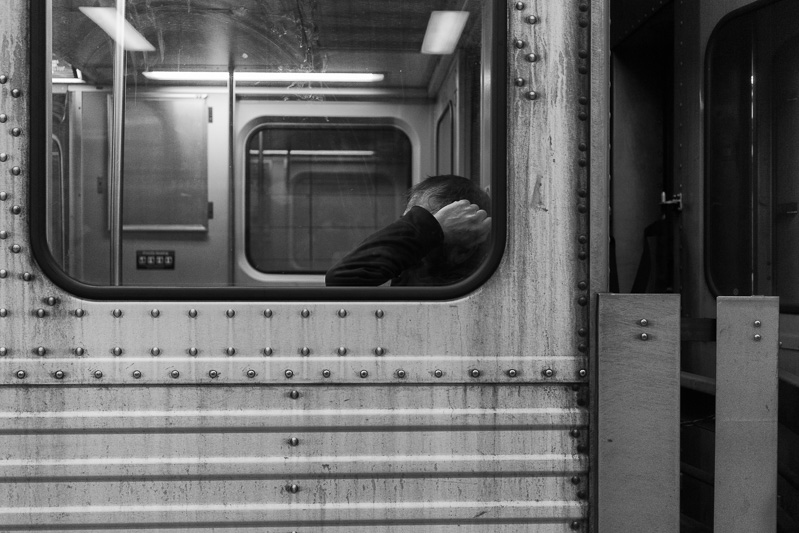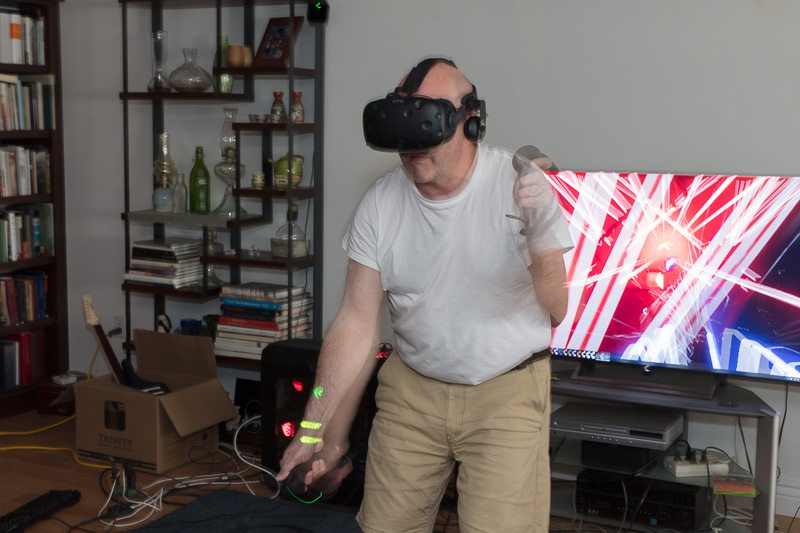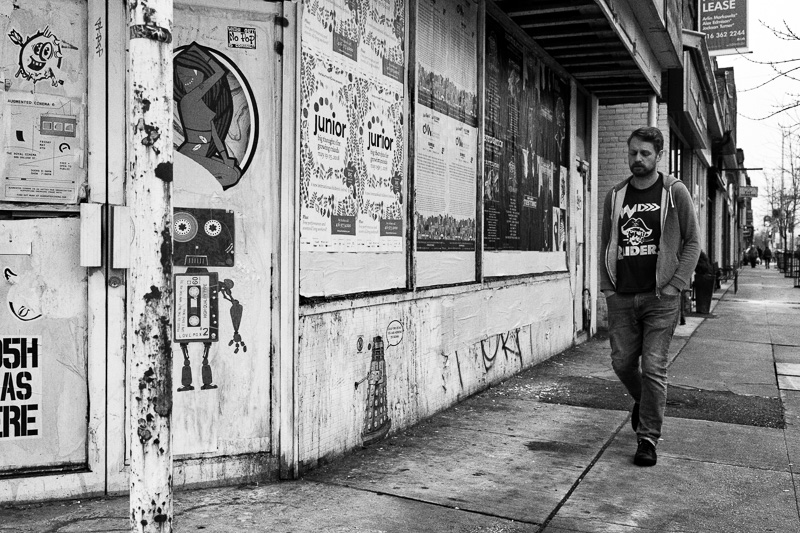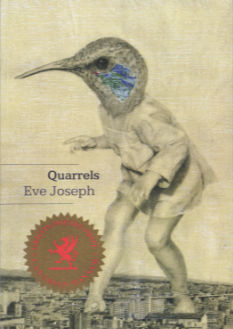What would it take for AI to write a credible poem? I pose this question because, when I first heard about ChatGPT nearly a year ago, the first thing I asked it to do was compose a Shakespearean love sonnet to Donald Trump. The result was utter shite: O Donald, Donald, my love for thee,Is…
Tag: Poetry
Review: The Wife of Willesden, by Zadie Smith
Zadie Smith’s latest offering is a bit of a departure for a woman best known as a novelist. The Wife of Willesden is a dramatic adaptation/translation (from Chaucerian to North Weezian) of The Wife of Bath’s Prologue and Tale from Geoffrey Chaucer’s Canterbury Tales. Unlike Chaucer’s version, Smith’s includes an introduction where she provides an…
Dave registers his dismay that an oil magnate will be president of COP28
Yesterday, I learned that Dr. Sultan Al Jabar has been appointed president for COP28, the 2023 iteration of the misnamed conference on climate change. Al Jabar is the UAE minister for industry and advanced technology but, more pointedly, also serves as chief executive of the Abu Dhabi National Oil Company (ADNOC), the world’s 12th largest…
Passengers – New Poetry from Michael Crummey
My chief complaint about much of the (Canadian) poetry published in the last couple of years is that it assumes I’m a qualified psychotherapist. I’ve grown wistful for the days when the cliché du jour had poets smoking joints in garrets, starving but fashionably appointed in their berets. Today, poets sit in clinical offices, leafing…
Reading the Poetry of Catullus with One Eye on Leonard Cohen
Reading A Mouthful of Air, by Anthony Burgess, I finally reached the chapter titled “Should we learn foreign languages?” By “we” he means unilingual people who speak English. And by “foreign” he means anyone who wasn’t born into an English-speaking household. Although the question could be read as contentious, I think Burgess means something more benign. In a…
Making Poetry in a Pandemic: We Are One
When I cracked open the book and started in on George Melnyk’s forward, I was a bit startled to read his confession that “[t]his book contains poems of great sophistication and it also contains doggerel.”
Poem: Fallen Maple
Do I really think Canada is dying? I’m not sure. I do think a particular narrative of Canada is dead and gone, didn’t deserve to live in the first place. The better question is whether we can work up a more robust narrative…
The Blue Clerk, by Dionne Brand
Another way of thinking about the narrative is to treat it as a neurological drama: the author (recto) and the blue clerk (verso) are metaphorical ways of reflecting the bicameral structure of the human brain.
Poem: Exponential
cellular breakdown draws our thoughts to death, but seen afresh, it reveals an act of generosity
Little Dogs, by Michael Crummey
In these times (not of Covid-19 but of a rising secularism), poetry is the last toehold of spiritual writing. Not that there’s anything explicitly spiritual in Crummey’s writing. But it’s spiritual insofar as it concerns dreams, memory, fathers, the dead, and frail loves.
Poem: Talk of the Town
Orwell observed that the manipulations of language are important to the machinations of power. He observed it in the gradual impoverishment of vocabulary (newspeak). But he only identified half the matter. He failed to note a corresponding impoverishment of musicality in speech.
Poem: A Pandemic Jimmy Hoffa
Let’s bust up this concrete lockdown and hurry back to going nowhere.
Half-Life Alyx and William Wordsworth
I wonder if there is such a thing as a literature of self-isolation. I suppose there is if I say there is. All I have to do is find examples and thread them together in some coherent account.
Poem: deeper thoughts
when Christ blew out the candle
darkness hit the road
three days down on my knees
fumbling for matches from Joe’s
Diane Arbus in Quarrels by Eve Joseph
Joseph hints at a gentler way of describing Arbus’s practice and, by extension, Joseph’s broadest poetic intention. She asks: “How do we talk to one another from the sanctuary of our own solitudes?”
